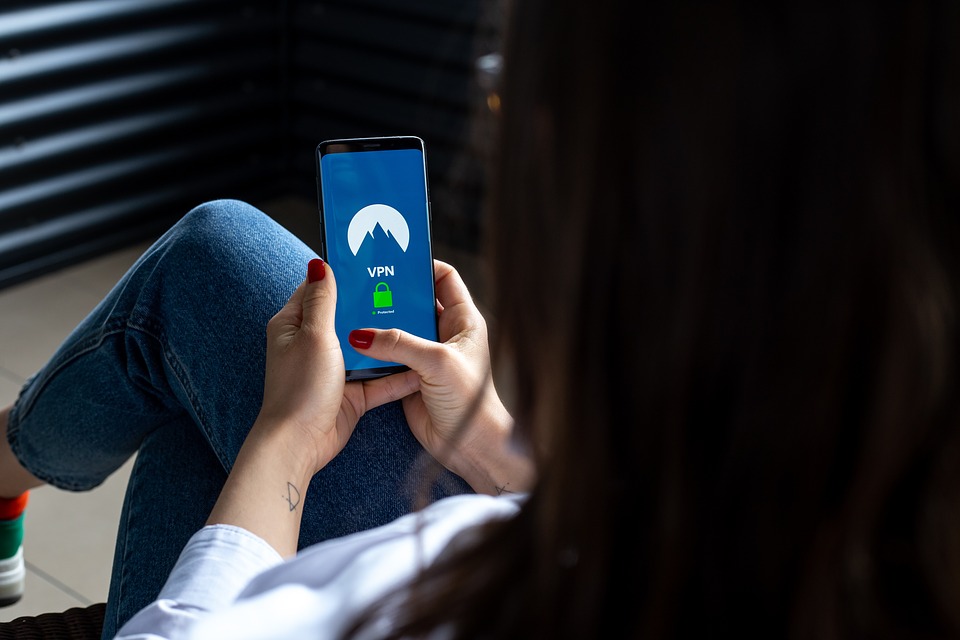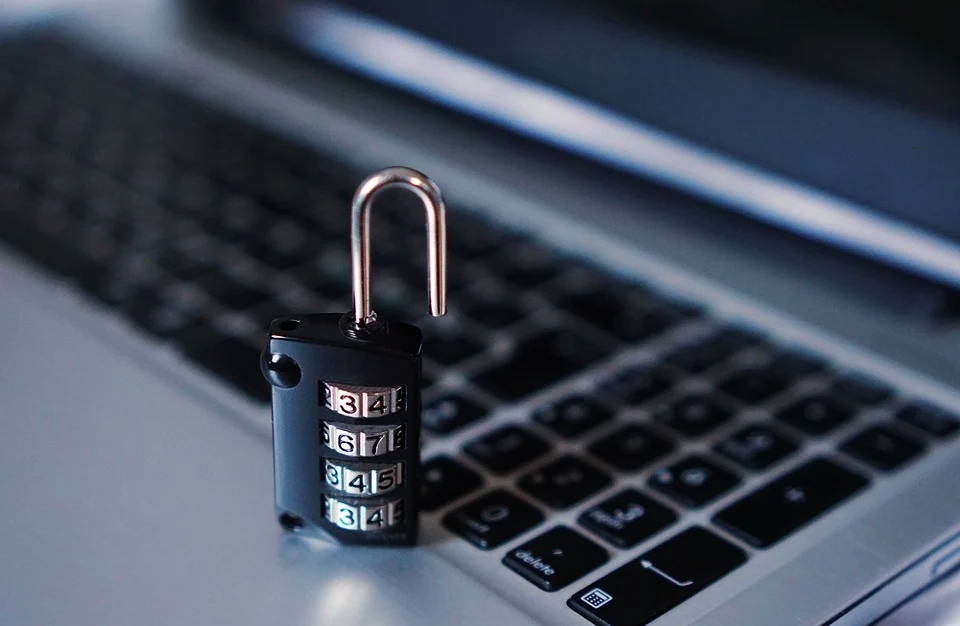As we digitize more and more aspects of our lives, we make ourselves equally more vulnerable to cyber attacks. In the digital black market, you can easily find personal data, credit card information, and account passwords — all of which are sought after by devious cybercriminals.
This is why it’s important for everyone to bolster their personal data security. While it’s impossible to stay away from using digital services and having some form of your data in an online database, you can still put security measures in place to avoid compromising your safety and well-being. Even if hackers and cybercriminals use sophisticated tech to obtain your data, the most basic cybersecurity measures are more than enough to protect you.
With that being said, we’ve listed down the best cybersecurity tips to protect yourself and your data.
Create Stronger Passwords
When bolstering your internet security, it’s best to start with your passwords. That means straying away from rudimentary passwords like ‘123456’ or ‘password123’. Furthermore, it’s also important to diversify your passwords across all your accounts to keep everything secure. According to a 2019 Google survey, more than 50% of respondents have chosen one favorite password to use for most of their accounts. This is a dangerous practice, because if hackers are able to get their hands on even just one of your accounts, they’ll have access to all of your accounts that use the same password.
For starters, one way to create a more secure password is by using both lowercase and uppercase letters, keeping it 12-15 characters long, and incorporating numerical characters. If it’s too hard for you to manage multiple secure passwords, it will do you well to download a password management service. Other than generating secure passwords for you to use, these kinds of software will also securely store your passwords and automatically log you in whenever you try to access your accounts.
Enable Two-Factor Authentication
If you’re serious with keeping your accounts and data secure, you have to do so much more than just use a complicated password. One of the best ways to do this is by enabling two-factor authentication for all your accounts. When you enable two-factor authentication, your usual log-in process becomes more complicated. On top of your username and password, you’ll need to input a code that is sent to you via a text message, email, or even as a push notification on your phone.
With two-factor authentication, hackers will have a lesser chance to succeed in gaining access to your data. Even if they do get to crack your password, they’ll be stopped in their tracks since they won’t have access to the code sent on your phone. While this might add a few more seconds to your login process, it’s well worth it to protect your data.

Credits: Unsplash
Update Your Devices
As seen in what happened with the WannaCry ransomware attack in 2017, using outdated software makes you and your data vulnerable. Updating your apps and software is a pretty easy thing to do, but most people forget or ignore software updates. While some massive updates like operating system updates can be taxing, it usually comes with the latest security enhancements to mitigate your exposure to security threats and data breaches.
To make sure that you never miss an update, simply turn on automatic updates in your device’s settings. While this might prevent you from accessing an app or your device for a short period of time, there’s nothing better than knowing that your data is securely defended.

Credits: Unsplash
Amp Up Your Email Security
Despite being the cause of a lot of data breaches in recent years, malware is losing popularity as a method of infection. These days, cybercriminals use social engineering to trick users into giving up their accounts. We can see this in the phishing scams that are prevalent in emails these days, where users receive an unbelievably realistic email from a social media site or even their bank that asks for their account credentials. So before you open or respond to an email, make sure to vet it properly to know if it comes from a legitimate source.
But, sending emails can also make you vulnerable. Even though emails are the least secure way of sending files, it’s still the most popular file-sharing method. This is why it’s advisable to encrypt your files and secure it with a strong password using archiving software like 7-Zip. You can also opt to use third-party file transfer sites for your sensitive or confidential documents. These provide you the added benefit of extra security, as the file-sharing services on Box show how many are compliant with regulations like the FINRA, HIPAA, and FedRAMP, even for large files that are hard to attach to emails. Choose a service that provides you complete control over who will have access to your files and how, and be sure to check if the service provider you chose has the necessary security certificates for compliance.
Use a Reputable VPN
One of the most effective ways to protect yourself online is by subscribing to a reputable VPN service. With a VPN, your internet traffic is directed through a myriad of servers that hides and shields your internet history. Furthermore, a VPN also thwarts any hacker that tries to access your data if you’re connected to a public hotspot. And even if cybercriminals are able to intercept your traffic, they won’t be able to read your data as it’s securely encrypted if a VPN is used.
However, it’s important to remember that not all VPN services are created equal. There are a ton of VPN providers out there, but not everyone can promise to keep your data secure. Even if your data is protected from outside forces, this can be stored in the VPN’s servers. Free and untrustworthy VPN services should be especially avoided, as CNET reports that these might even sell your data to bidders on the internet.

Credits: Pixabay
All in all, keeping your information and data secure is crucial in today’s digital age. That’s why we encourage you to take all of these necessary steps to safeguard your digital privacy. If you’re keen on learning more about the latest when it comes to data security by big tech companies like Facebook or Google, then do have a look through our different articles.







